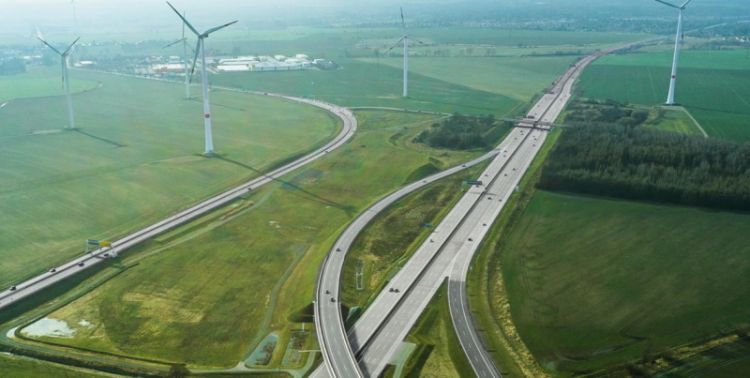Road transport industry launches Green Compact to achieve carbon neutrality by 2050
IRU members adopted the Green Compact, which provides a clear roadmap for collective global action to cut CO2 emissions by at least 3 billion tons annually in commercial road transport services.

The International Road Transport Union (IRU) has launched a Green Compact to achieve carbon neutrality in commercial road transport services by 2050.
This pact sets out the path for the decarbonization of the transport sector, which represents a considerable commitment, since more than 65 million heavy-duty vehicles, almost all currently fueled by diesel, move people and goods every day worldwide and represent 2.5% of global CO2 emissions.
The Green Compact has five pillars:
- Wide practical implementation of low and zero-carbon fuels;
- More efficient logistics by increasing green trucks usage;
- Increased use of collective passenger transport;
- More efficient vehicle technologies and shorter fleet renewal cycles;
- Education and training to improve operational and driving behavior.
IRU's Green Compact has also set specific objectives to replace diesel with low and zero-carbon fuels. By 2030, it is expected that the actions put into practice allow replacing at least 300 billion liters of diesel, representing CO2 savings of up to 320 million tons. By 2040, the replacement of 450 billion liters (CO2 savings of up to 320 million tons) is also foreseen. By 2050, the final goal is to replace 600 million liters of diesel with carbon-neutral fuels.
The adoption of the Green Compact by IRU’s members represents a crucial step to achieve global climate goals, including those established in the 2016 Paris Agreement. IRU's Green Compact thus sets the path for a collective action from industry and government to develop new technology and infrastructures, modify operational practices, and improve collective services for transport users.
The Green Compact established action must be carried out in line with governments. If we want the plan's implementation to be successful, it will be necessary to implement incentives for road transport operators to achieve the defined objectives.
Source:
IRU
- Frotcom
- IRU
- World Transport Organization
- Green Compact 2050
- Carbon Neutrality
- CO2 emissions
- Fleet management

